9 Preparedness Skills You've Probably Overlooked
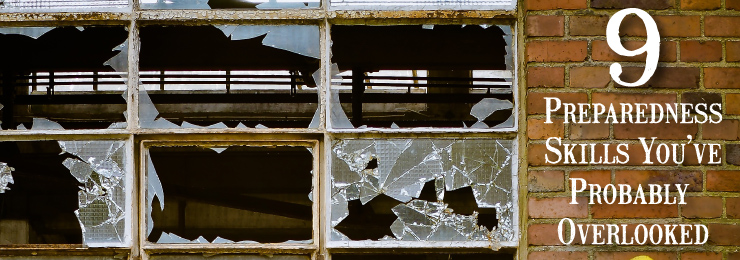
The internet is populated with thousands of armchair survivalists. They watch YouTube videos and read blogs but have very little experience surviving in the wild. They do not have the skills to survive outside of a densely populated city, much less in the wilderness.
Many survival skills are simply life skills. Learning them is part of being a well-rounded individual. These basic skills are often overlooked because they aren't the glamorous skills you see in blockbuster action movies. But you don't have to be a prepper or doomsday conspiracy theorist in order to prepare for low-level emergencies—like losing a button or living out of range of Pizza Hut delivery.
How many of these basic survival skills are you familiar with? Have you become a master of any?
Cooking with Fresh Ingredients
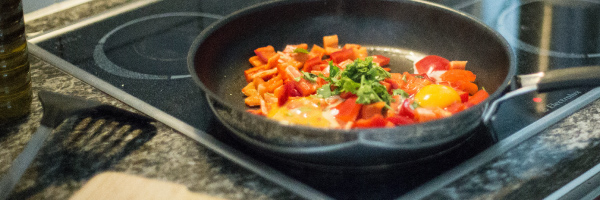
Someday, we all have to outgrow TV dinners and carryout Pizza. Not only will it make you more prepared for an emergency, it will help you live a healthier lifestyle in the meantime…
Basic Sewing
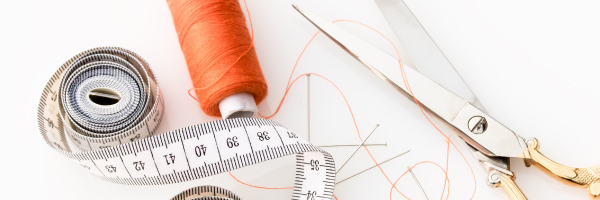
This skill is very easy to learn. You don't need to know how to construct an article of clothing from scratch. Just get the basics down. Learn how to thread a needle, tie off the ends of your thread, fix a button, and hem pants.
Knot Tying
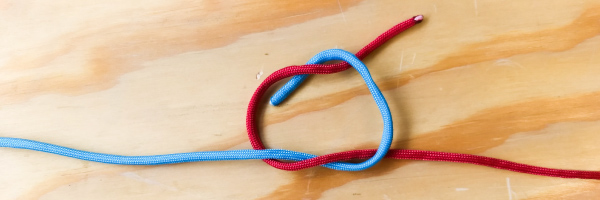
Obviously, we have to put this skill in here. It is a paracord blog after all. Knot tying, like many survival skills, is really just an antiquated skill that has fallen out of use because of technology and manufacturing. If society shut down, you would be left to make the tools you need. Until then, it can help you save money. A good knot can take the place of many different tools like ratcheting tiedowns, wrenches, pulleys, etc.
Physical Fitness
This might not be as much a skill as it is a discipline, but there is a basic knowledge one needs to know in order to start working out. The simplest way to get started is with home workouts that use your own bodyweight instead of gym weights. Manila rope makes a great "battle rope". (Gotta get that product placement!)
Orienteering
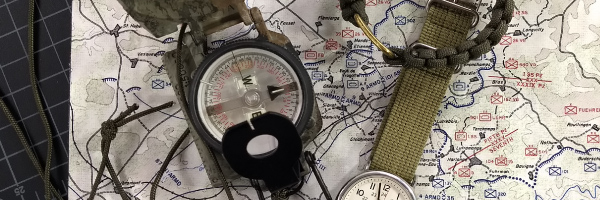
This is a fancy word for navigating with a compass. Apparently, it's a sport too! Since the inventions of the cellphone and the GPS, maps are not relied upon like they once were. If our technological infrastructure fell apart, that would all change. Many of us are pretty rusty when it comes to remembering how to read a roadmap. Learning how to navigate with a compass is a worthwhile pursuit for anyone who dislikes how reliant they've become on technology.
Gardening
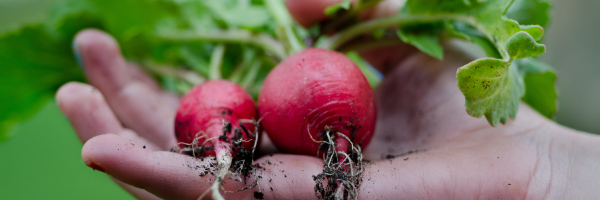
This is a difficult hobby to take up if you live in a city. Apartment balconies are not the easiest places to grow luscious tomato plants. However, a determined individual can usually find a community garden or rental plot in which to have a small garden. Again, this is not only a survival skill, but is a hobby that can save you money and facilitate a healthier lifestyle.
Foraging
What plants are safe to eat? This is the art of foraging. This is arguably just as important as knowing how to hunt. Many plants that grow in the wild are not only edible but provide valuable nutrition in a survival situation. Some of them even taste okay! But beware, the inverse is also true. Many plants are toxic to ingest and can make you sick. Best to know what you are doing in that area.
First Aid/CPR
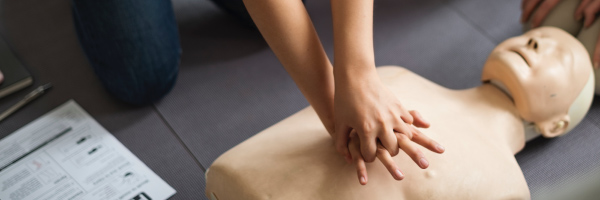
This is a very quick skill to acquire. A certification class takes only a matter of hours. That being said, it's a good idea to supplement it with self-study and maybe even a repeat course. First aid certifications last 3 years. CPR certifications last about 1 year. This is a skill that everybody should have. The likelihood of needing to give first aid is far greater than needing to survive an apocalypse.
Self-Defense
Techniques for self defense such as Judo or Krav Maga would, of course, prove useful if anarchy reigned supreme. More importantly, it will give you a healthy respect for those that daily put themselves in harm's way. It's important for anyone to know when to put up a fight and when to just walk away.
The next few skills are more survival-specific and less practiced by the majority of people. These are important too, but less often overlooked.
Fire Building
This is one of those skills that most people don't know they don't know. Level 1 is knowing how to construct a fire that will burn and hold enough heat to stay burning. Level 2 is knowing how to start a fire without any "modern" means such as a lighter, matches, or ferro rod.
Hunting/Trapping
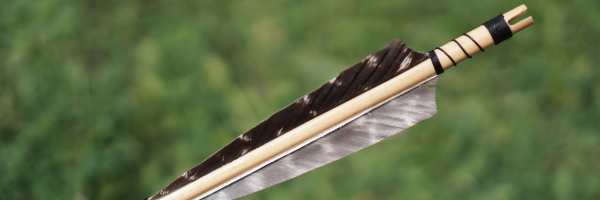
For a lot of people, hunting is either something they are passionate about or something they have absolutely no interest in. If you eat meat, you might want to consider learning how to catch and kill it yourself. Not everyone is a hunter, but when your life depends on your ability to catch your own supper, you might end up wishing you were.
Lock Picking
Even if you don't plan on breaking into a locked building anytime soon, this is still a useful skill to have. If it provides no other benefit, it at least teaches you how UNsecure most locks are. Knowing what kinds of locks can be easily picked helps you choose more secure options, whether for your bicycle or your home.
Ham Radio
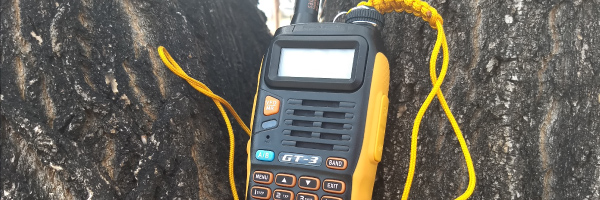
The world of Radio may be occupied with nerds, but they will be the first line of communication in the event of a natural disaster or other event that knocks out communication. This was definitely the case after hurricane Katrina. Do yourself a favor and familiarize yourself with radio communication. Make sure to get the proper certifications before you broadcast on restricted frequencies!
Shelter Building
Ha! We snuck in another skill that uses rope. Learning how to build a shelter is a skill you probably will never HAVE to use but is good to have in your skills arsenal none-the-less. Lashing knots are a good place to start. The kind of shelter you construct will depend on the environment and the materials available. Primary function of a good shelter is to protect you from the weather—such as rain and cold.
So where can you learn these skills? Even though we poked fun at YouTube-schooledc preppers, the internet is a great source of useful information on survival and preparedness. But internet learning never takes the place of actual experience. If possible, find a community ed class or join an interest group/meetup.
Being prepared for a disaster is simply being prepared for life. How prepared are you?


